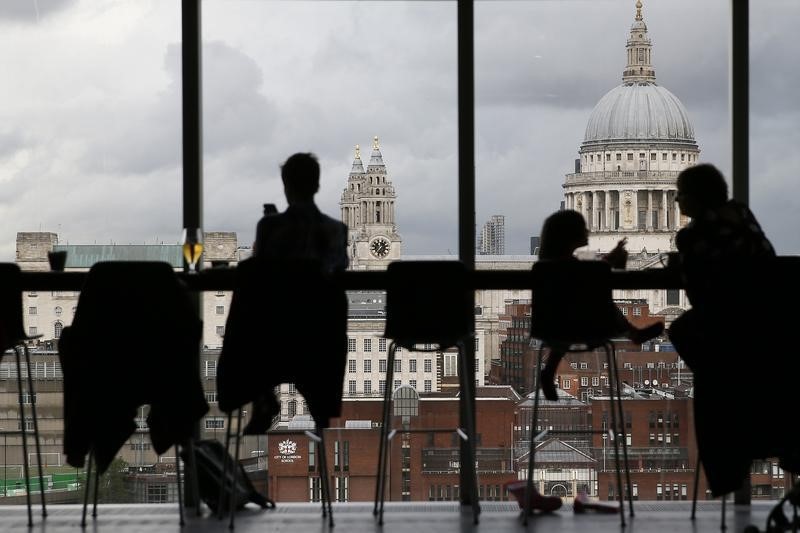Investing.com -- The U.K. economy shrank unexpectedly in November, amid signs the political uncertainty surrounding the early December general election weighed on economic growth. The news is likely to increase expectations of an interest rate cut at the Bank of England's next rate-setting meeting.
The monthly gross domestic product release showed output dropped by 0.3% in November, compared with expectations of a flat number. That cut the year-on-year growth figure to 0.6% from 1.0% in October. Industrial production also fell 1.2% on the month and manufacturing output dropped 1.7%.
Sterling has suffered as a result, trading below the $1.30 level against the dollar at $1.2974 by 04:55 ET (09:55 GMT), a drop of 0.7% on the day. The euro gained against the pound as well, with the cross trading at 0.8569, up 0.6%. By contrast, theFTSE 100 stock index outperformed its major European rivals, gaining 0.6% to 7,635, as many of the key index components generate the majority of their income from abroad and thus benefit from a weaker currency.
The December general election weighed heavily on business confidence as it raised the risk of various radical outcomes, each of them damaging in their own way. The conclusive victory of Boris Johnson's Conservatives has at least lifted some of the uncertainty regarding Brexit, and ended the threat of a radical left-wing government.
Now attention will turn to the next Bank of England rate-setting meeting at the end of this month given comments by a number of Monetary Policy Committee members last week over the likelihood of rate cuts. Indeed, over the weekend, MPC member Gertjan Vlieghe signalled in an interview with the Financial Times published at the weekend that he would also back a rate cut barring “an imminent and significant improvement in the U.K. data.”
